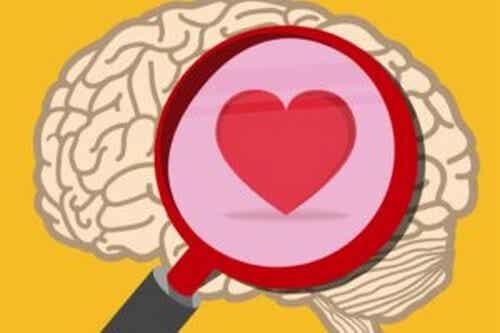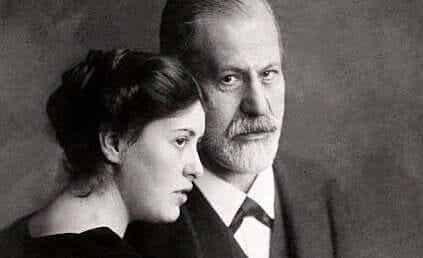While it may sometimes seem the other way around, emotions help us achieve our goals. The problem is knowing how to manage them intelligently.

Last update: 22 November 2021
Knowing our emotions and learning to express them is vital for our psychological well-being and for building healthy relationships. This means enjoy emotional flexibility.
Emotions play a fundamental function in our life, as they guide our behavior towards action, warn us of dangerous situations and, if we know how to manage them intelligently, they help us achieve our goals.
The concept of emotional flexibility refers precisely to ability to adapt to different situations through emotions and to use them to your advantage.
In this article, we explain how to enhance emotional flexibility in different areas of our life so that emotions support us in achieving our goals.
What is emotional flexibility?
First of all we should ask ourselves about the use we make of our emotions. Are we aware of this in our daily life? These questions will help us identify the role of emotional flexibility in how we manage our emotions on a daily basis.
Emotional flexibility it allows us to orient ourselves towards objectives that we consider convenient through the redirection of our emotions. In other words, it shows how we can shape our thoughts and how they affect our emotional states.
We can use emotions as a support to direct our actions towards specific goals and adapt to different situations. This involves making our emotional states active agents in our daily life to effectively face daily challenges.
On the other hand, the concept of emotional flexibility allows us to rethink the dichotomy between reason and emotion and to consider this separation from another angle.
In other words, it helps us to understand that reason and emotion are closely related, complement each other and together are responsible for consolidating complex information about the world around us.
This information is essential for decision making and for forming opinions and concepts. Emotions are not obstacles to reason, far from it.
It is also important to note that the emotional flexibility can be trained. For example, some studies show that through emotion training, such as compassion, we can build more intimate bonds and have more effective attitudes towards problem solving.
Likewise, the memory of past events and the imagination of future events are also resources for developing our emotional flexibility.
How to enhance emotional flexibility?
Awareness of emotions, thoughts and feelings can be very helpful in achieving your goals. For this purpose, it is worth learning to exploit this gift.
1. Set simple goals
First of all, we can exploit the relationship between emotions and motivation. We can start by setting simple goals and using the positive emotions we feel when we reach them,
Little by little, we will be able to set more ambitious goals and use our emotional potential to achieve them. The simpler goals are important because they make us aware of our progress and motivate us to move forward.
2. Cultivate empathy
La emotional flexibility strengthen empathy thus fostering connection with others. Being a skill that facilitates adaptation, we can guide it to build interpersonal bonds, promote active listening and recognize the emotions of others.
Similarly, we can put it into practice to join groups, strengthen the relationship with our loved ones or to meet new people.
3. Using emotions to promote memory
We can also use the benefits of emotional flexibility in a practical way. For instance, making it a tool for remembering important facts or for passing an exam.
We can associate emotions with ideas we are trying to remember or with complex concepts to bring them to memory more easily.
4. Emotional flexibility: recognizing and accepting the emotional universe
La emotional flexibility is related to the notion of resilience. Resilience is understood as the ability to psychologically recover after a stressful situation or crisis.
This involves recognizing our emotions, understanding them, then accepting changes and adapting to new situations.
Conclusions
Emotions are our most trusted allies when it comes to achieve our goals and, by extension, our personal growth.


























